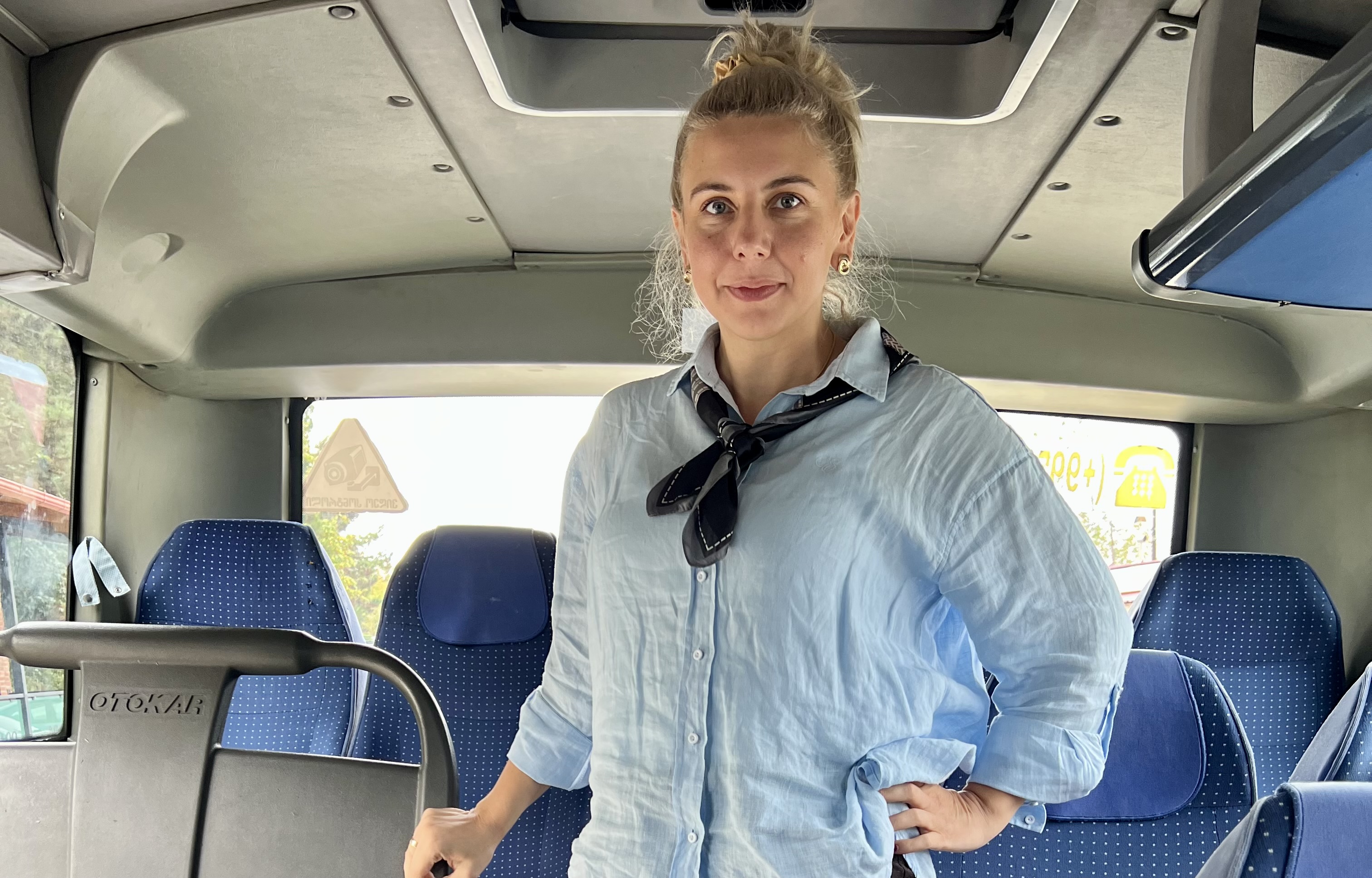
Backlash for abortion rights in Georgia
The Georgian Ministry of Health has unexpectedly announced changes to the abortion law. The new law will come into force in less than two months.
On 26 October 2023, the Georgian government made several significant changes to the legislation on abortion. The changes were announced on the website of the Ministry of Health without any prior notice or explanation. Nor was there any consultation with health professionals or other experts.
“The doctors we’ve spoken to are dismayed. No one knows why these changes are being made or how they are supposed to be implemented. It is very strange to decide on these changes without first consulting those who perform abortions today," says Lika Mamatsashvili from RFSU's partner organisation Tanadgoma.
Illegal and unsafe abortions will increase
The changes were issued by an order of the Minister of Health and will come into force on 1 January 2024. Among other things, they require the patient to see not only a doctor, but also a psychologist and a social worker before an abortion can be performed. The obligatory reflection period of five days from the date of diagnosis of pregnancy remains. The changes also mean that a medical abortion after seven weeks must be performed in an inpatient clinic. Overall, the new rules make abortion much less accessible.
“We do not understand how it is possible to get access to a social worker and a psychologist for every abortion. This will increase the risk of illegal and unsafe abortions, especially for women living in rural areas who are far from the larger clinics," said Lika Mamatsashvili.
Contrary to international recommendations
According to Madeleine Karlsson, RFSU's programme manager for Georgia, the amendments to the law are not in line with international recommendations on health and human rights.
“Any counseling about abortion has to be voluntary, as recommended by WHO. Introducing mandatory pre-abortion counseling by a psychologist and social worker undermines women's personal integrity and autonomy in their decision-making, and would make safe abortions more expensive and difficult to access for women in Georgia,” she says.
Major setback
The amendments are a major setback for Tanadgoma's abortion rights work. The organisation recently had an alternative protocol approved and incorporated into the national abortion guidelines. Thanks to this, an abortion seeker would only have to make one physical doctor's visit instead of two. Now, this will be difficult to put into practice. But perhaps there is some hope. Soon, Tanadgoma and other pro-abortion civil society organisations and experts in abortion care will meet to join forces.
'We hope to find procedures and ways to work around the new regulations. Exactly how this will be done is unclear at the moment, but perhaps some of the many medical visits could be done over the phone," says Lika Mamatsashvili.
In the photo: Lika Mamatsashvili